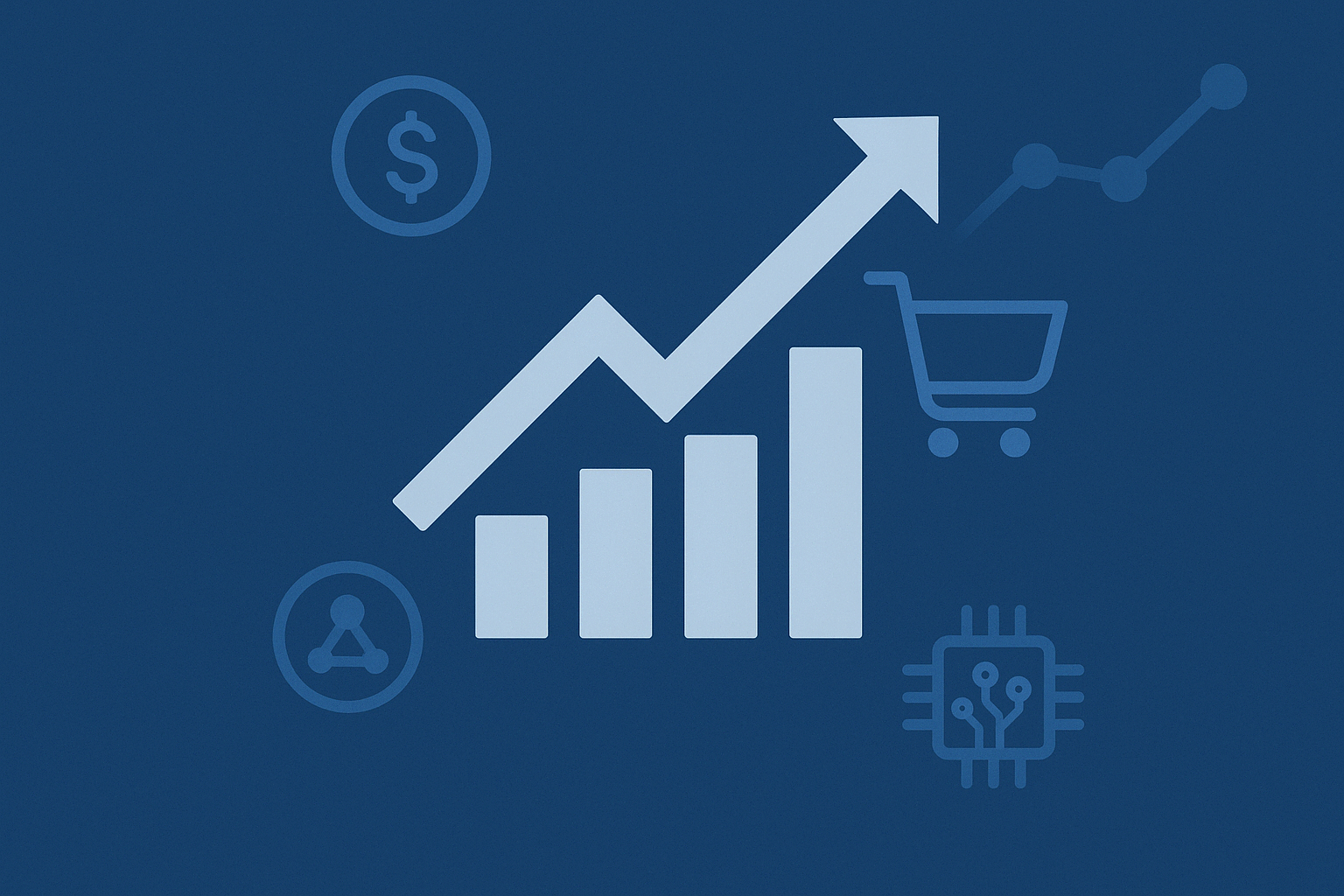Answers
What exactly is on page SEO and how does it differ from off page SEO?
On page SEO encompasses all optimization activities performed directly on your website to improve search visibility. This includes content optimization, HTML elements, site structure, user experience factors, and technical aspects that you directly control.
Off page SEO, by contrast, focuses on external factors that influence your site's authority and reputation, primarily backlinks from other websites, brand mentions, and social signals.
The key differences include:
- Control: On page factors are entirely within your control and can be implemented directly, while off page factors involve external websites and relationships that you can influence but not directly control.
- Implementation timeframe: On page changes can be implemented immediately and typically show results faster, while off page strategies often require longer timeframes to develop relationships and earn links.
- Skill requirements: On page SEO combines content expertise with technical knowledge, while off page SEO emphasizes relationship building, outreach, and digital PR skills.
- Sustainability: On page optimizations create lasting improvements that maintain value over time, while off page factors may require ongoing maintenance to sustain relationships and visibility.
- Measurement clarity: On page changes have clearer cause-and-effect relationships with performance improvements, while off page factors often involve more variables and longer attribution timelines.
Both aspects are essential for comprehensive SEO success. On page optimization establishes the foundation that maximizes the impact of off page efforts, while off page signals provide the authority signals that amplify well-optimized content.








